Known as the heel of the boot of Italy, Puglia is renowned for its vast farmland, stunning coastlines that are snuggled in between the Adriatic and Ionian Seas and red wines made mostly from the Primitivo grape, indigenous to the area. Manduria is within Puglia, in the Taranto province, on the inside heel of the boot that lies on the Ionian Sea. It is truly where the Primitivo grape thrives due to its warm climate, and because of its closeness to the Ionian Sea, it benefits from the cooler sea breezes that aid in the development of the grapes.
Manduria, about one hour west of Lecce and two hours south of Bari, is home to the Vespa Winery and vineyards with its beautiful vineyards of iron rich soils that straddle the coast. With more than 90 acres of land, of which more than 50 are planted with vines, Vespa provides glorious views and familial history.
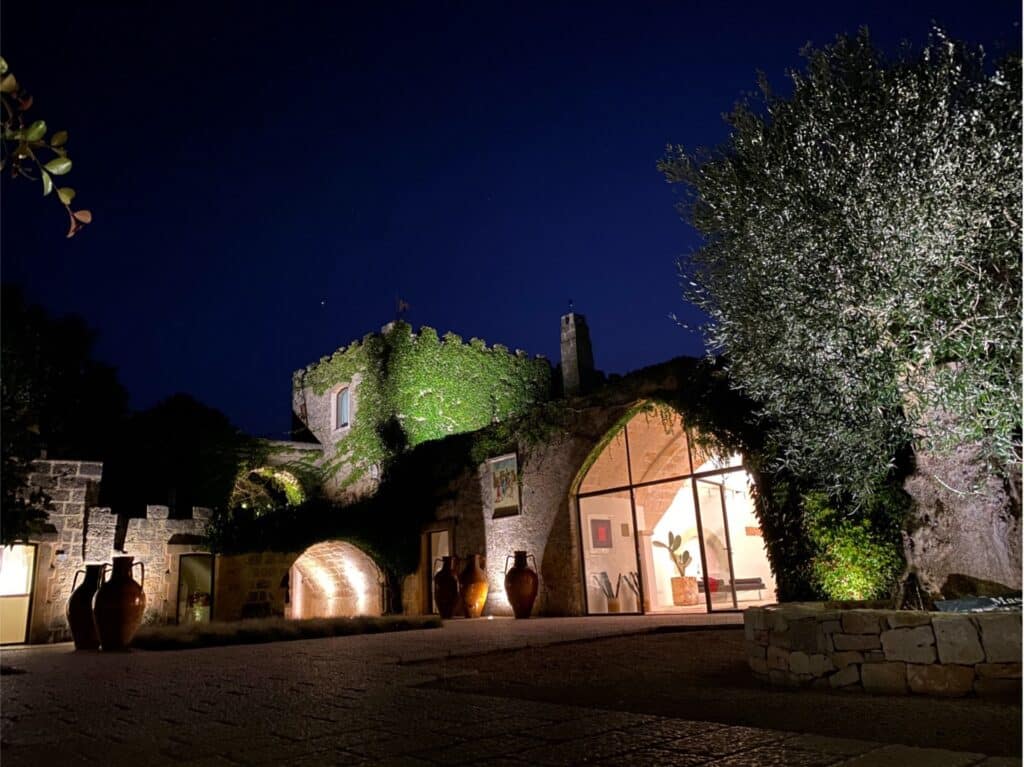
The Vespa family of father Bruno and his two sons Alessandro and Frederico since 2014 have overseen the land and wine development with help of prominent oenologist and wine consultant Riccardo Cotarella who has had a hand in helping to create some of the country’s most highly rated and collectible Italian wines. Cotarella with the Vespa family tap into the terroir and character of the region as their guiding principles for winemaking. Cotarella, due to his renowned expertise, has often be referred to as the wine “wizard,” “mago” in Italian. However, it is Bruno’s passion for wine and his vision that were the stimuli for starting the Vespa Winery. The Vespa family also owns a beautiful resort Masseria Li Reni located in the specific region of Salento, where guests can immerse themselves in the region’s beautiful countryside.
While Primitivo is the shining star of the region, the other red grapes Nero di Troia and Negroamaro are right behind it. Primitivo is a hearty grape that matures early giving it great concentration and power. Vespa has more than 10 acres dedicated just to Primitivo.
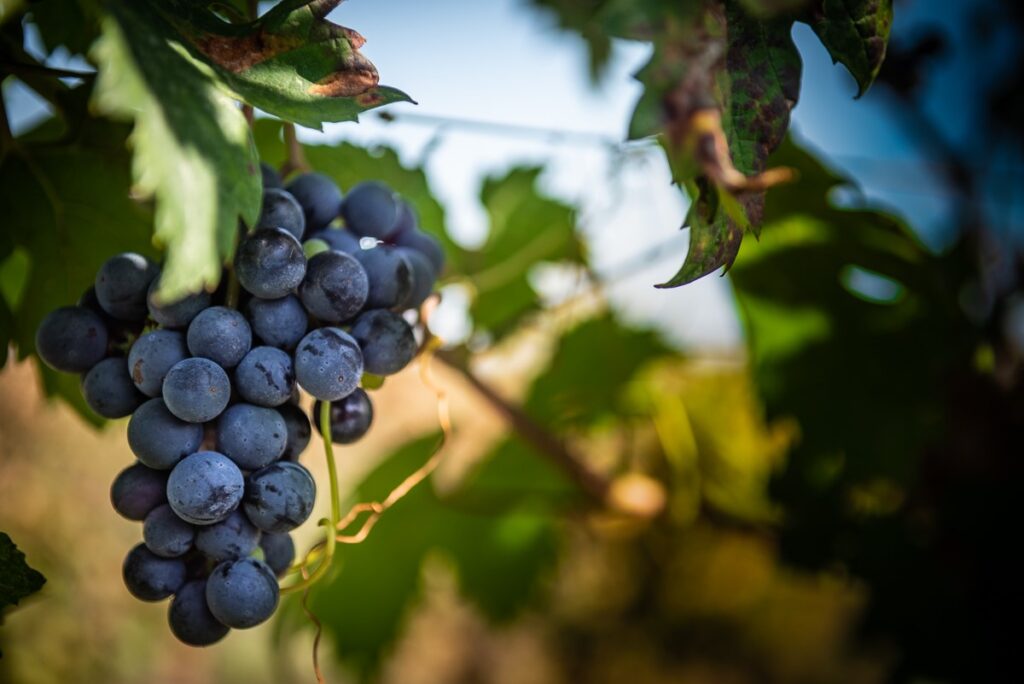
Vespa’s main wines consist of:
Helena Nero di Troia – Nero di Troia is the name of this grape indigenous to the area that grows on clay soils. It undergoes a malolactic fermentation to change the harsher malic acid to softer lactic acid, thus giving the wine a creamy mouthfeel. It’s aged in oak barrels for 12 months with the resulting wine having a robust, fuller mouthfeel with savory and sweet dark berry notes. It shows a hint of herbal quality at the end. Great with hearty rich seafood and meat dishes.
Il Bianco dei Vespa Fiano Salento – Fiano is a white grape that presents a beautiful floral and tropical fruit nose. Stainless steel fermented, the palate is reminiscent of the nose and aromas, also, and shows us a medium to full body with floral and citrus notes. Specifically from the area of Salice Salentino in Puglia, it’s vibrant and crisp and pairs well with grilled white seafood, oysters, clams and grilled poultry dishes with fresh green vegetables.
Il Bruno dei Vespa Primitivo – From Manduria this wine is 100% Primitivo which showcases the classic style of wine. Rich and balanced with prominent yet soft tannins, the wine has deep plum and black cherry notes. There is a beautiful acidity that marries nicely with the fruit. It’s a great partner for charcuterie boards with hard Italian cheeses and figs and roast beef dishes.
Il Rosso dei Vespa Primitivo Manduria – Made from 100% Primitivo from Manduria, this selection is aged six months in barrique. Its smoothness is prominent along with its chewy, rich and intense dark berry, pepper and spice notes. The tannins coat the mouth nicely. It’s a classic partner for lamb and a hearty fish stew in a tomato-based broth.
Raccontami Primitivo di Manduria – Raccontami is also made from Primitivo and is barrique-aged for one year. Fuller style in body with balanced tannins, oak and fruit, this selection has a hint of vanilla from its time in barrel that mingles nicely with plum, black cherry and mocha notes. You can feel the lusciousness on the palate. It’s a great partner for any meat dishes.
The next time you want to immerse yourself in the history and culture of Pugliese wine, grab a glass of Vespa.
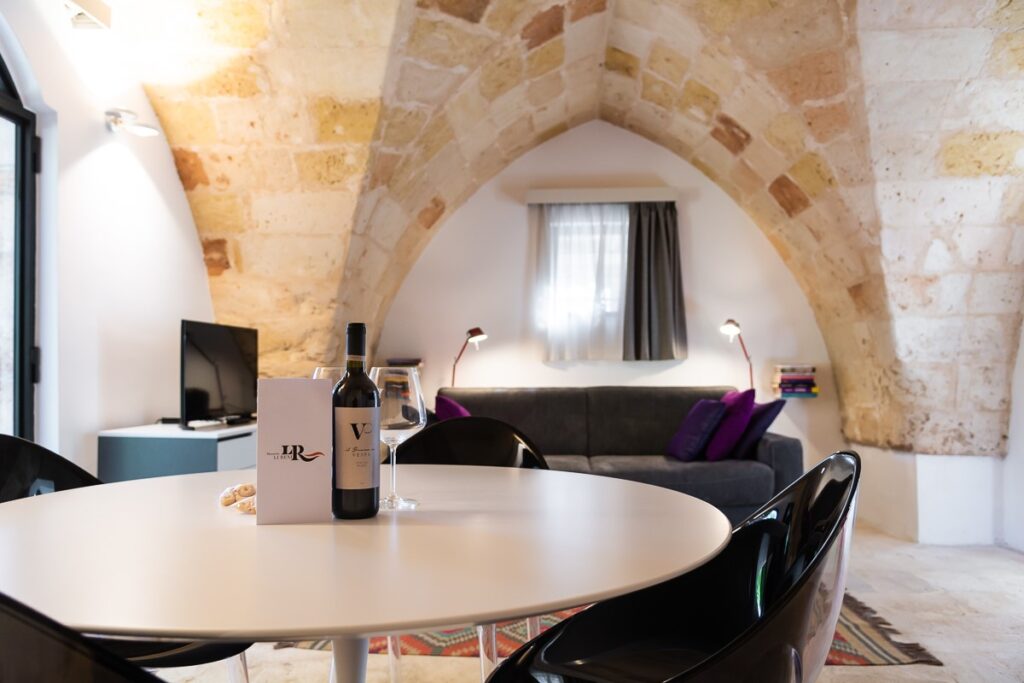


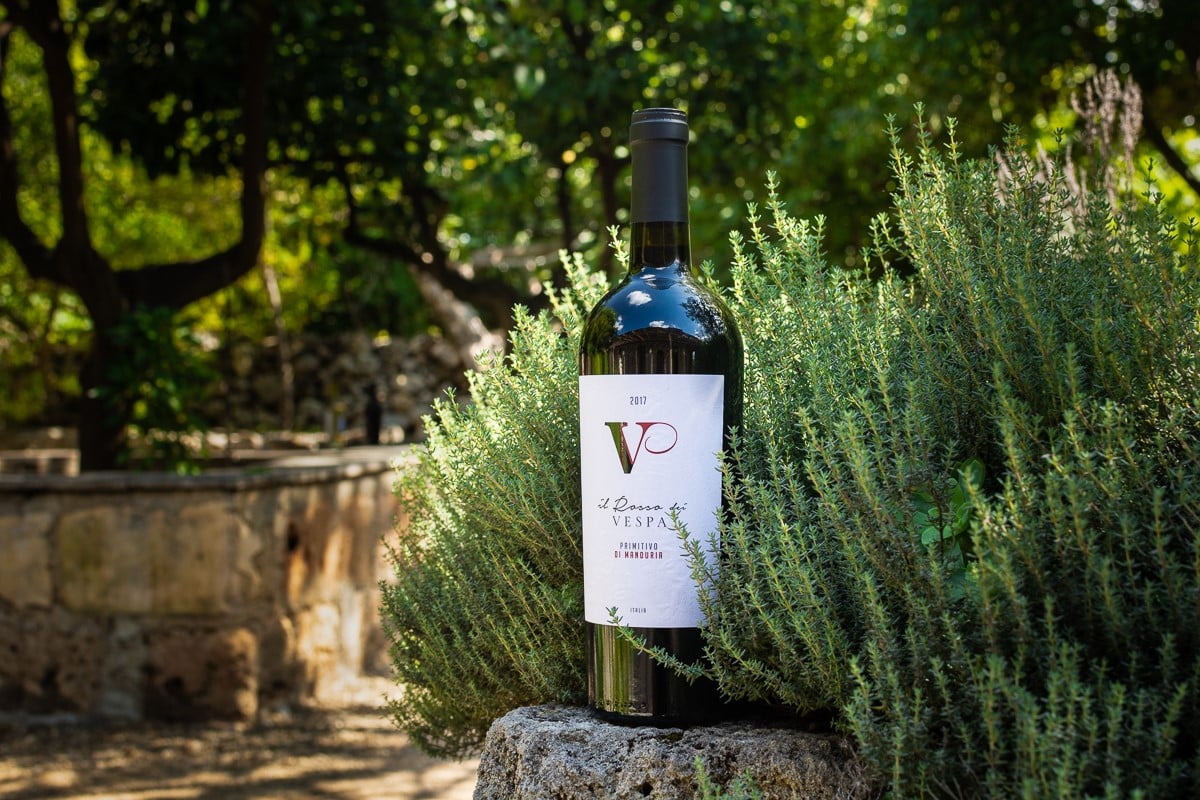
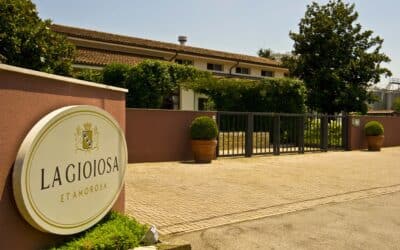
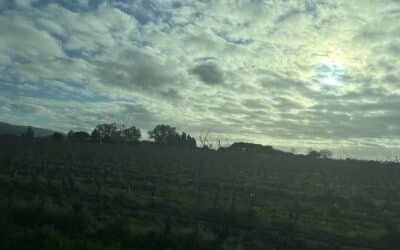
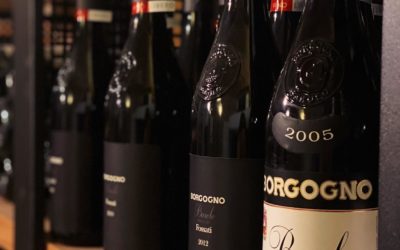
0 Comments